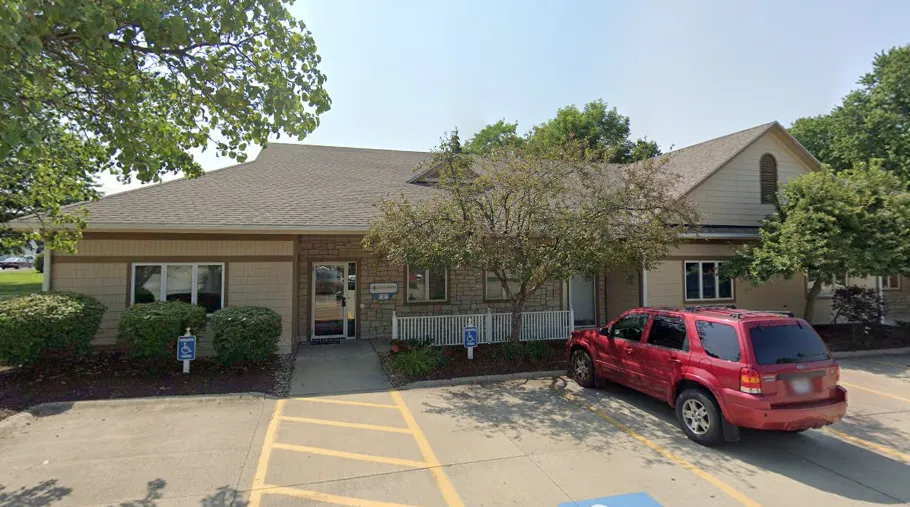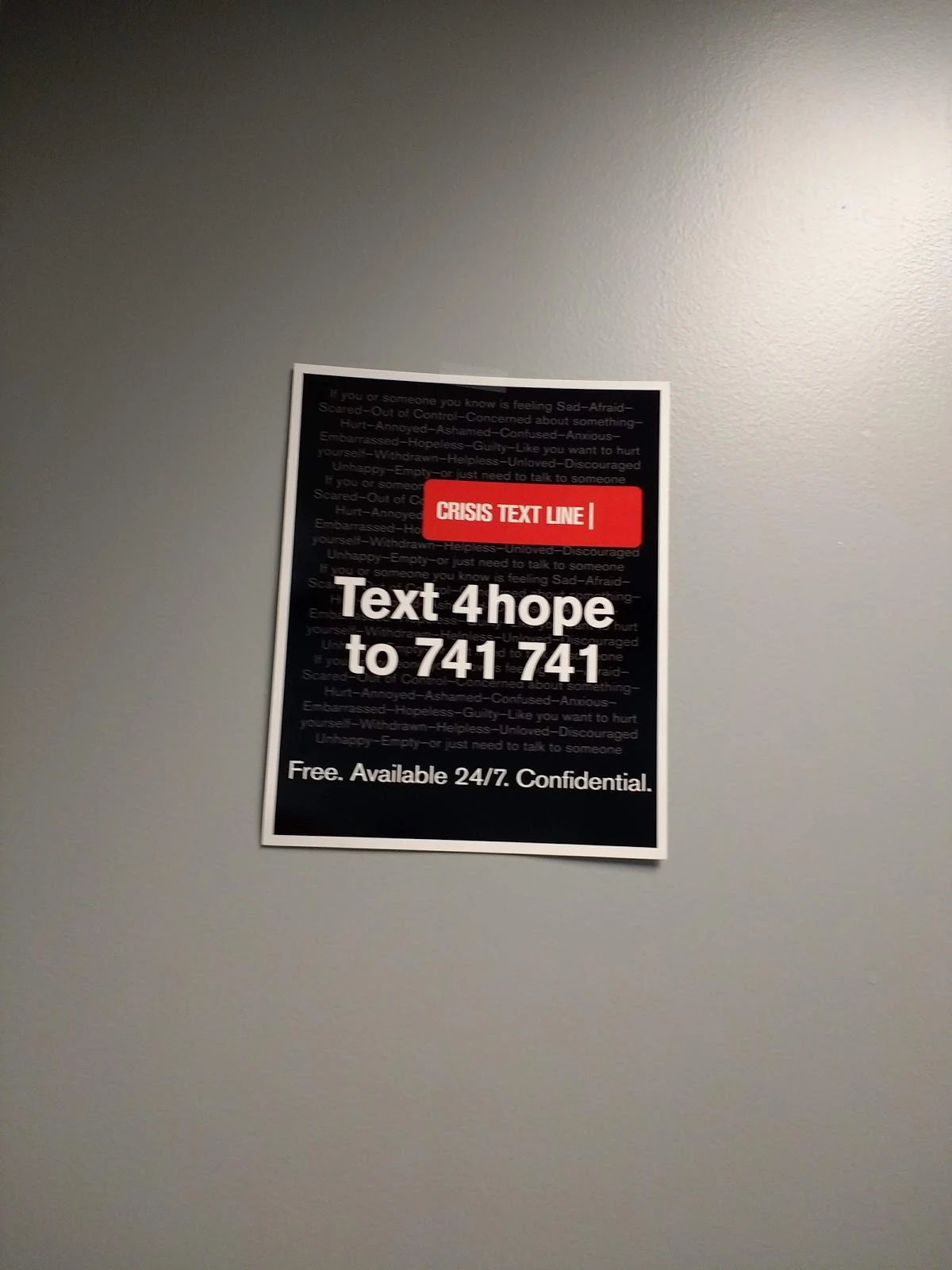OhioGuidestone Information
Treatment
Who We Treat
- Children
- Teens / Adolescents
- Young Adults (18–25)
- Adults
- Seniors/Older Adults
- Adolescents
- Older Adults
- Male and Female
Treatment Focus
- Anxiety
- Depression
- Co-Occurring Disorders
- Adolescents
- Drug Addiction
Approaches
- 12-Step-Based
- Personalized Treatment
- Evidence-Based
- Family Involvement
- Twelve Step
- Family Therapy
- Group Therapy
- Cognitive Behavioral Therapy (CBT)
- 1-on-1 Counseling
- Online Therapy
- Life Skills Training
- Relapse Prevention Counseling
Conditions We Treat
- Depression
- Anxiety
- Grief & Loss
- Trauma
- Grief and Loss
- Anger
- Co-Occurring Disorders
Substances We Treat
- Prescription Drugs
- Chronic Relapse
- Heroin
- Opioids
- Methamphetamine
- Marijuana/Cannabis
Languages
- English
Aftercare
- Outpatient Treatment
- Intensive Outpatient Program
- Continuing Care
- Support Meetings
Level of Care
- Outpatient
- Day Treatment
- Virtual & In-Home Care
- Aftercare/Continuing Care
Experience
Smoking and Vaping Policy
- Smoking Not Allowed
- Vaping Not Allowed
Accreditations
-
Council on Accreditation (COA)
The Council on Accreditation (COA) is a non-profit that provides accreditation to human services organizations to ensure they meet high standards in service delivery. The accreditation process involves evaluating the organization's policies, practices, and services to meet specific standards.
Additional Locations
OhioGuidestone Accepts The Following Insurance Plans
Find the best treatment options. Call our free and confidential helpline today!






